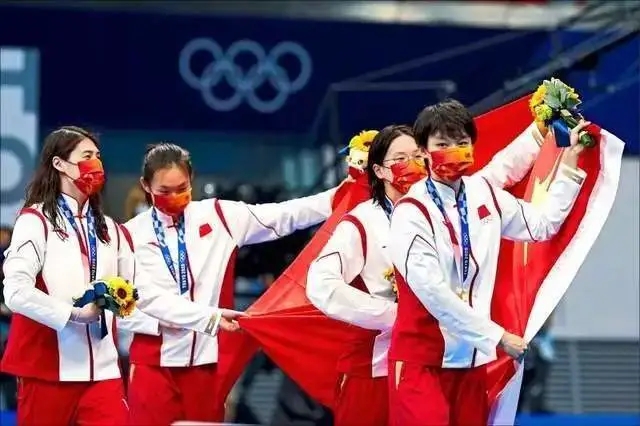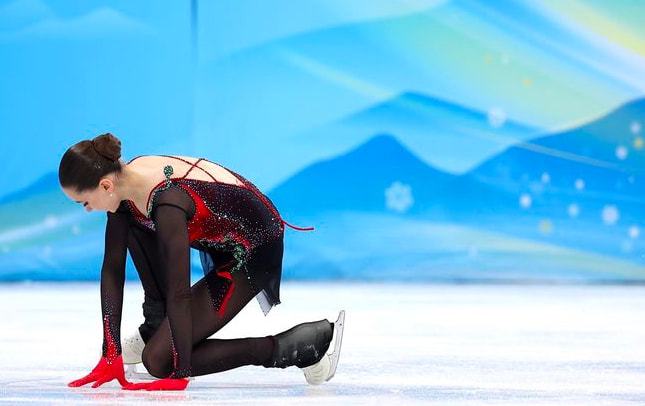WADA stated that the comments made by the president of the U.S. Anti-Doping Agency regarding the diet of Chinese swimmers are merely speculation.
On June 23, Russian news agency TASS reported that the World Anti-Doping Agency (WADA) indicated that the statement by Travis Tigert, president of the U.S. Anti-Doping Agency (USADA), concerning the diets of 23 Chinese swimmers who were acquitted in doping cases lacks scientific validation and is aimed at misleading U.S. authorities and the public.

Recently re-elected WADA president Witold Banka and vice president Yang Yang
On June 17, Tigert stated during a U.S. Senate meeting that the U.S. conducted its own investigation into the cases of the 23 Chinese swimmers. He pointed out that to detect the established trace amounts of trimetazidine, the athletes would need to consume about 5 kilograms of food or 26 liters of liquid.
“Mr. Tigert's statement is not based on science or facts,” WADA noted, “It appears to be merely to support his pre-prepared narrative. In fact, the traces of trimetazidine found in the athletes' samples are due to the consumption of contaminated food or liquids. All scientific experts involved in the investigation of this case agree on this.” “Mr. Tigert has presented his sensational speculation as fact, misleading the Senate subcommittee and the public. Unfortunately, some media outlets have spread these speculations without questioning their authenticity.”

Zhang Yufei and Li Bingjie, along with teammates Yang Junxuan and Tang Muhan, won the gold medal in the women's 4X200m freestyle relay at the Tokyo Olympics.
The case involving the 23 Chinese swimmers began in April 2024. Reports indicate that their doping tests were positive before the 2021 Tokyo Olympics. WADA did not penalize the athletes as it could not rule out the possibility of unintentional exposure to prohibited substances.
Russian media reported that this incident has sparked a conflict between WADA and USADA. WADA believes that the reason for the significant intake of prohibited substances by the involved swimmers is due to contamination in the kitchen of the hotel where the national team stayed during training camp. USADA accused WADA of concealing details revealed in media reports about the case, suggesting that the handling of the situation, given its similarity to the doping case of Russian figure skater Kamila Valieva, indicates a double standard and called for reforms within the organization. In this context, the U.S. government may consider a bill that allows for the suspension of membership fees to WADA.

Valieva stated that her grandfather has heart disease and has been taking trimetazidine, and that she used her grandfather's cup, which resulted in the trace amounts of trimetazidine in her system.
HoweverWADAhad previously conducted a thorough review of the case and concluded that the possibility of trimetazidine being from contamination could not be refuted. The testing data in the case files also supported the likelihood of contamination, and the athletes should be deemed blameless or negligent. According to relevant regulations, to protect the legitimate rights and interests of the athletes, the case was not treated as a doping violation, and no appeal was filed by the parties involved, thus the outcome was not disclosed to the public.


Wonderfulshortvideo

What a first inning in the big leagues for Chase Burns 👏😤



Christian Moore tied it in the 8th, then he wins it in the 10th!



Masyn Winn was BOOKING IT around the bases ⚡️



The moment Christian Moore realized he ended the game 🤣



Chase Burns’ MLB career is off to a HOT start 😤



Shohei Ohtani shows off the opposite-field power 💪



Christian Moore knew he got all of this one 💪








 Links
Links
 Contact
Contact
 App
App


